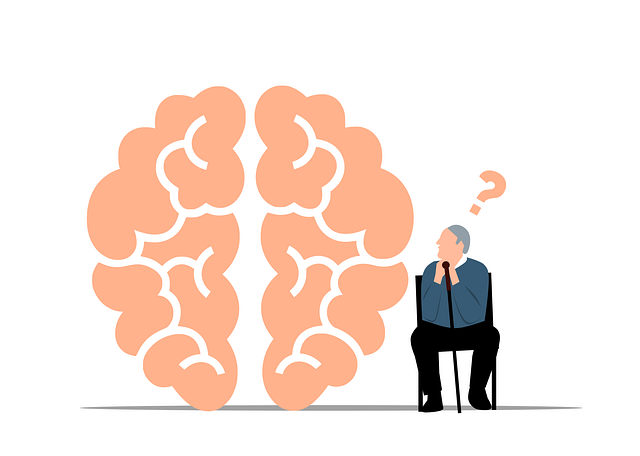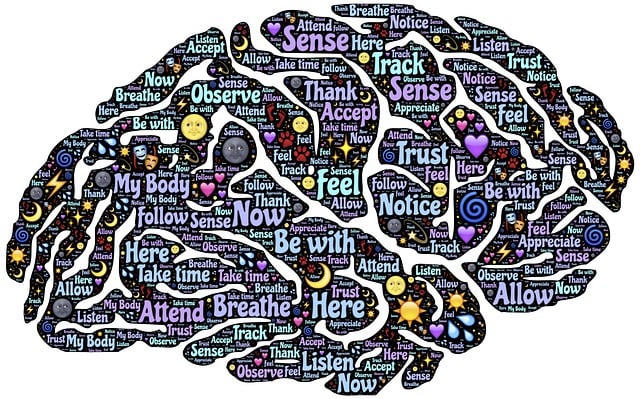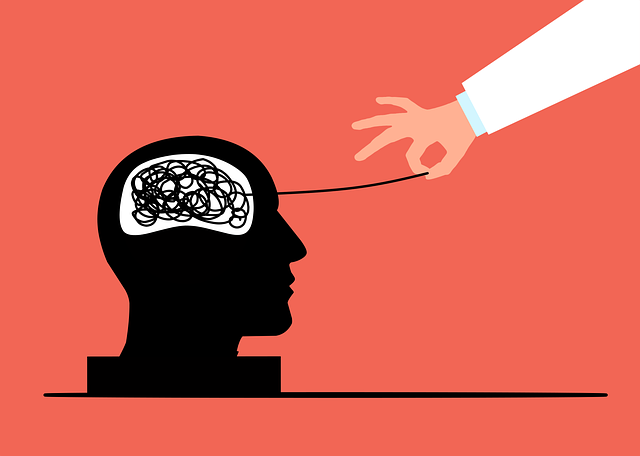Louisville, despite access to resources like Louisville Learning Disability Therapy, struggles with mental health stigma leading to delayed care and isolation. To combat this, residents must promote education and open dialogue about mental wellness. Organizations offering workshops and advocacy groups pushing for policy changes play vital roles in reducing stigma. Louisville Learning Disability Therapy centers provide specialized services, public awareness campaigns dispel myths, and self-care routines empower individuals. Long-term solutions include policy advocacy and education on topics like burnout prevention and mindfulness.
“Mental illness stigma is a pervasive issue, but efforts to reduce it are gaining momentum. This article explores various strategies to combat the impact of stigma on mental health individuals in Louisville, focusing on learning disabilities. We delve into the power of therapy as an empowering tool, community engagement for fostering acceptance, and policy changes driving long-term progress. By combining local initiatives with therapeutic approaches, Louisville can create a more inclusive environment for those facing mental health challenges.”
- Understanding Stigma: Its Impact on Mental Health Individuals in Louisville
- Breaking Down Barriers: Strategies for Effective Support and Education
- The Role of Therapy: Empowering Individuals with Learning Disabilities
- Community Engagement: Fostering Acceptance and Inclusion
- Policy Changes and Advocacy: Driving Long-Term Progress in stigma Reduction
Understanding Stigma: Its Impact on Mental Health Individuals in Louisville

Stigma surrounding mental health issues is a pervasive problem in Louisville, just as it is across the nation. This societal misconception can have profound effects on individuals seeking support for their psychological well-being. Many struggle silently, afraid of judgment or discrimination, which often leads to delayed access to care and treatment. In Louisville, where resources for learning disability therapy are readily available, stigma still acts as a barrier, hindering people from reaching out for assistance.
Understanding the impact of stigma is crucial in efforts to reduce its hold on the community. It perpetuates isolation and can contribute to increased anxiety and depression. By promoting education and open dialogue about mental health, Louisville residents can foster an environment that encourages self-care routine development for better mental health. Initiatives such as Stress Management Workshops Organization play a vital role in this process, offering platforms for learning and support. Additionally, Mental Health Policy Analysis and Advocacy groups push for systemic changes, ensuring policies reflect the needs of those facing mental illness.
Breaking Down Barriers: Strategies for Effective Support and Education

Breaking down barriers to support those with mental illness is a multifaceted approach. One key strategy involves Louisville Learning Disability Therapy centers providing specialized services tailored to individual needs. These therapy programs focus on mood management skills, cognitive behavioral therapy, and adaptive coping mechanisms to empower individuals in navigating their challenges. By fostering an environment free from judgment, these centers play a pivotal role in Mental Illness Stigma Reduction Efforts.
Public awareness campaigns development is another powerful tool. Educational initiatives that dispel myths and misconceptions about mental health conditions can significantly shift societal perceptions. Through engaging workshops, community talks, and accessible online resources, Louisville Learning Disability Therapy professionals contribute to raising public awareness, fostering empathy, and encouraging early intervention. This collective effort ultimately paves the way for more inclusive and supportive communities for those living with mental illness.
The Role of Therapy: Empowering Individuals with Learning Disabilities

In the context of mental illness stigma reduction, Louisville Learning Disability Therapy plays a pivotal role by empowering individuals with learning disabilities to understand and manage their mental wellness. Through tailored therapy sessions, these programs focus on addressing specific challenges faced by those with learning disabilities, such as anxiety, depression, and social isolation. The ultimate goal is to help individuals develop coping mechanisms that promote resilience and enhance their overall quality of life.
Louisville Learning Disability Therapy goes beyond traditional therapy models by incorporating mental wellness coaching programs designed for development. These programs not only equip individuals with tools to manage symptoms but also foster self-awareness, confidence, and independent decision-making. By proactively engaging in depression prevention strategies, the therapy helps break down barriers associated with seeking help, thereby reducing stigma and encouraging early intervention. This holistic approach ensures that individuals with learning disabilities receive comprehensive support, enabling them to lead fulfilling lives free from the shackles of mental health misconceptions.
Community Engagement: Fostering Acceptance and Inclusion

Community engagement plays a pivotal role in reducing the stigma surrounding mental illness. Louisville Learning Disability Therapy has been at the forefront of this initiative, leveraging various platforms like the Mental Wellness Podcast Series Production to foster open conversations and dispel myths. By integrating diverse voices into these discussions, they create an inclusive environment that promotes understanding and acceptance.
This approach is further strengthened through Healthcare Provider Cultural Competency Training, which equips professionals with the skills to address mental health concerns sensitively and effectively. Conflict Resolution Techniques are also integrated into these training programs, ensuring that interactions within the healthcare sector model healthy ways of managing differences, ultimately contributing to a more accepting community.
Policy Changes and Advocacy: Driving Long-Term Progress in stigma Reduction

Policy changes and advocacy play a pivotal role in driving long-term progress toward reducing stigma surrounding mental illness. By pushing for legislative reforms, mental health advocates can ensure that individuals with conditions like Louisville Learning Disability Therapy receive fair treatment and equal access to care. This involves addressing systemic barriers, such as insufficient funding for mental health services and discriminatory practices within healthcare systems.
Advocacy efforts can also focus on promoting education and awareness campaigns that dispel myths and misconceptions about mental illness. Encouraging open conversations and integrating topics like Burnout Prevention and Mindfulness Meditation into educational curricula can foster a more empathetic society. Additionally, highlighting the benefits of Confidence Boosting strategies can help individuals with mental health challenges lead fulfilling lives and contribute to their communities.
In Louisville, mental illness stigma reduction requires a multifaceted approach. By understanding the profound impact of stigma on individuals’ well-being, implementing effective strategies such as education and community engagement, empowering those with learning disabilities through therapy, and advocating for policy changes, we can create a more accepting and inclusive society. Continued efforts in these areas are essential to driving long-term progress, ensuring that everyone, regardless of mental health challenges or learning disabilities, receives the support they need in Louisville and beyond.














